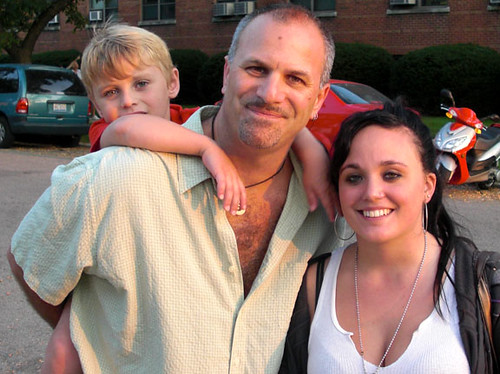 A new book has caught my eye, covering some of my favorite themes: Gender Equality: Transforming Family Divisions of Labor (The Real Utopias Project)
A new book has caught my eye, covering some of my favorite themes: Gender Equality: Transforming Family Divisions of Labor (The Real Utopias Project), by Janet Gornick and Marcia Meyers et al.
In a nutshell, the book proposes a set of policies-paid family leave provisions, working time regulations, and early childhood education and care-designed to foster more egalitarian family divisions of labor by strengthening men’s ties at home and women’s attachment to paid work. Its policy proposal is followed by a series of commentaries–both critical and supportive–from a group of distinguished scholars, and a concluding essay in which Gornick and Meyers respond to the debate over how best to promote egalitarian policies.
Contributors include heavy hitters like Barbara Bergmann, Johanna Brenner, Harry Brighouse & Erik Olin Wright, Scott Coltrane, Rosemary Crompton, Myra Marx Ferree, Nancy Folbre, Heidi Hartmann & Vicky Lovell, Shireen Hassim, Lane Kenworthy, Cameron Macdonald, Peter McDonald, Ruth Milkman, Kimberly Morgan, Ann Orloff, Michael Shalev, and Kathrin Zippel.
(Thanks to CCF for the heads up!)

 My man is really involved in this pregnancy thing, I tell ya. What a modern dude.
My man is really involved in this pregnancy thing, I tell ya. What a modern dude. A must-read this morning: WGL panelist Courtney Martin expounds on many of the themes we discussed at
A must-read this morning: WGL panelist Courtney Martin expounds on many of the themes we discussed at  There’s so much Father’s Day goodness out there today I don’t know where to start.
There’s so much Father’s Day goodness out there today I don’t know where to start. We’ve heard of the
We’ve heard of the 


 I’m supershort on battery so may only get through part of this next session, but here we go…
I’m supershort on battery so may only get through part of this next session, but here we go… Lisa Belkin, ever on top of the nuances and foibles of dating, mating and family making in our time, points in
Lisa Belkin, ever on top of the nuances and foibles of dating, mating and family making in our time, points in 